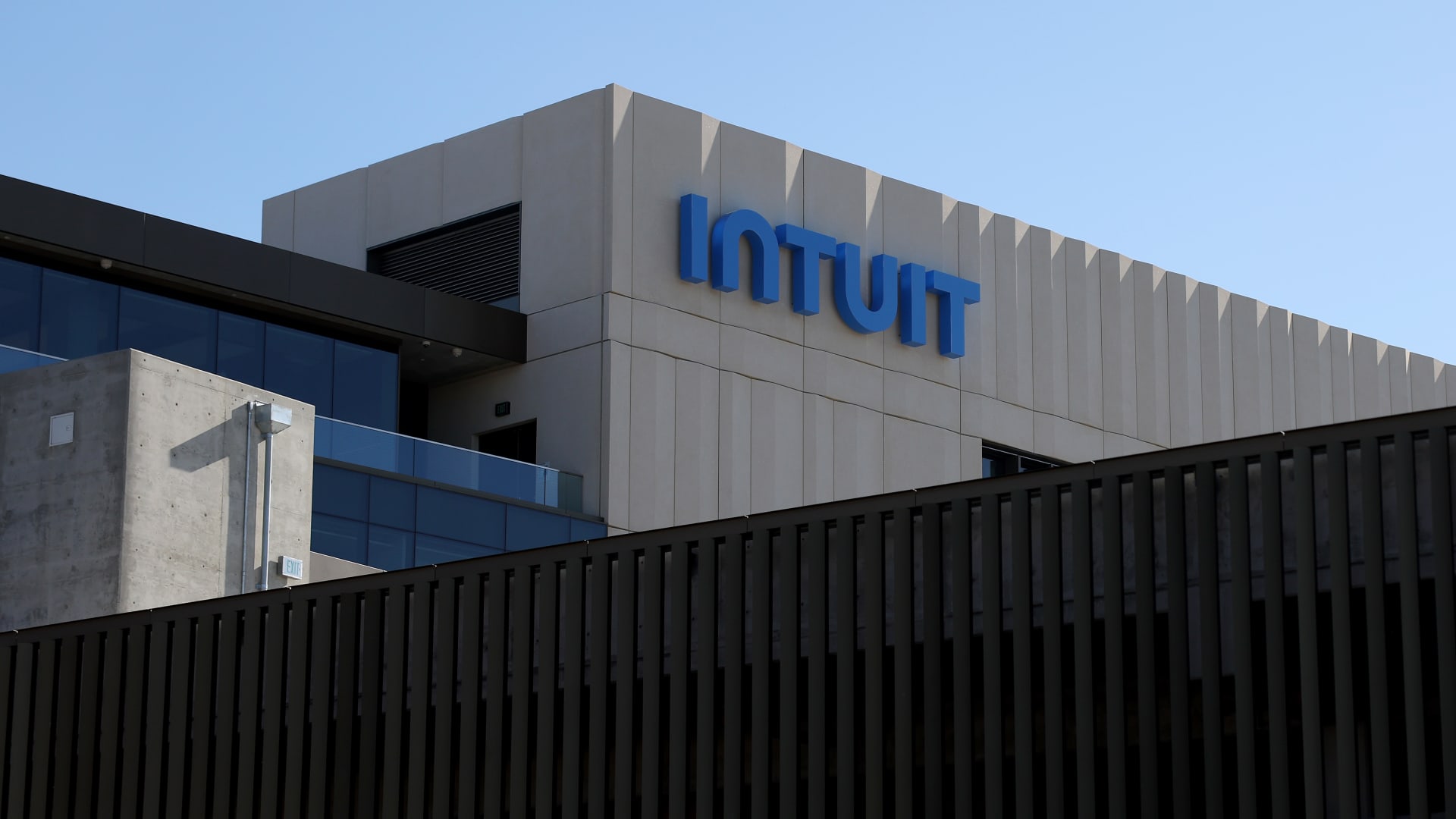China’s electric car price war shows little sign of letting up, putting more pressure on companies to survive. Tesla ‘s China sales fell by 15% in May from a year ago, China Passenger Car Association data showed. BYD , in contrast, reported a 14% year-on-year sales increase as it held onto first place in the market by volume, but even it had to announce sharp discounts as sales growth slowed from April’s pace. “We expect additional price competition in the coming weeks as BYD is still lagging behind its sales target,” said a team of analyst led by CLSA analyst Xiao Feng in a report Wednesday. While the analysts still have a high conviction, with an outperform rating on BYD’s Hong Kong-listed shares, they see Geely as the ”best positioned” for investors as it is striking the optimal balance with its internal business structure and competing on vehicle price. CLSA has a price target of 483 Hong Kong dollars ($61.55) on BYD, and a 23 HKD target on Geely, also listed in Hong Kong. That’s upside of nearly 20%, and 28%, respectively, from Friday’s close. Geely is a large conglomerate with electric vehicle brands Galaxy, Zeekr and Lynk and Co., which share some of the same tech and manufacturing systems. “Geely’s Galaxy NEV brand has successfully targeted BYD’s popular models with better specs and lower prices,” Macquarie analysts said in a report Thursday, citing a call with an auto dealer who manages dealerships for BYD, Geely and Xpeng in the relatively affluent Suzhou region near Shanghai. “The expert believes Geely’s success will continue, as it is still ramping up new models to compete with BYD’s entire model line-up,” the report said. The Macquarie analysts have a price target of 22 HKD on Geely and rate the stock outperform. But they like U.S.-listed electric car startup Xpeng even more, with a $24 price target. Xpeng is likely to benefit from near-term market share gains given its advanced driver assist system and upcoming car models, the analysts said. The latest delivery data showed Xpeng delivered more than 30,000 cars in May for a seventh straight month, a rare feat among its immediate peers. The company last month also launched a new car under its lower-priced Mona brand. Among publicly listed new energy vehicle companies, a category that includes battery-only and hybrid-powered cars, Leapmotor and Li Auto have proven relatively stable, each with deliveries of more than 40,000 vehicles in May. Both companies have Hong Kong listings, while Li Auto also trades in New York. “Through a continuously expanding product matrix and cost-effective models, Leapmotor has achieved a stable market share in the Chinese mass EV market and has strong growth potential,” the CLSA analysts said. They have a price target of 72 HKD, or more than 30% upside from Friday’s close. Leapmotor reported a net loss in the first quarter, however, compared with profit in the fourth quarter. But Li Auto maintained profitability in the first quarter, according to results released on May 29. “We still see ample upside as a better-than-feared 1Q should inspire investor conviction about sequential recovery in 2Q,” Morgan Stanley analysts said in a May 29 report. They have a price target of $36, for upside of more than 20% from Thursday’s close. “The management team has found its pace for a steady and solid comeback, underpinning a more material resurgence of volume/margins into 2H25 amid new model launches,” the analysts added. “Li Auto’s premium model lineup can steer clear of the fierce pricing competition in the mass market.” Li Auto is best known for its SUVs that come with a gas tank for extending the battery’s driving range. Prices start around 244,000 yuan ($34,000). Industry giant BYD in contrast now sells some cars at 55,800 yuan, with most models falling in the 100,000 yuan to 200,000 yuan price range. The company also has a high-end sub-brand called Yangwang, which prices cars at well above 1 million yuan. Analysts that still like the stock see potential in BYD’s overseas expansion. The narrative on BYD among European investors “sounds more optimistic,” contrary to more cautious sentiment in China following the automaker’s recent price promotions, JPMorgan’s Nick Lai, head of Asia Pacific auto research said in a report Wednesday. Lai and his team also cited conversations with senior BYD management in London in the last week. “All in all, we retain our long-term positive view on the company and believe the (earnings) contribution from the overseas market and BYD’s premium portfolio will increasingly play an important role,” the JPMorgan analysts said. “We estimate that BYD’s overseas business and premium brands will together contribute over 40% of its vehicle earnings in 2025 (up from 20-25% last year) even though they account for only about 20% of volume.” The analysts rate BYD overweight, with a price target of 600 HKD. However, the risk of a flood of cheap cars into markets such as Europe have prompted tariff increases. In China, official commentary is also sounding the alarm about excessive competition. “We believe an end to the current price war will come down to simple economics,” the Macquarie analysts said, pointing out that production capacity for both electric and traditional vehicles is more than 50 million units, well above the annual wholesale volume of 25 million to 27 million vehicles. “Thus, the market will likely stabilize either via higher demand or right-sized capacity and consolidation,” the analysts said. “We believe this may take at least another three to five years.” — CNBC’s Michael Bloom contributed to this report.

 Blog Post1 week ago
Blog Post1 week ago
 Economics1 week ago
Economics1 week ago
 Finance1 week ago
Finance1 week ago
 Personal Finance1 week ago
Personal Finance1 week ago
 Accounting1 week ago
Accounting1 week ago
 Economics1 week ago
Economics1 week ago
 Personal Finance7 days ago
Personal Finance7 days ago
 Personal Finance1 week ago
Personal Finance1 week ago










